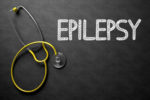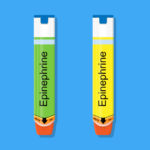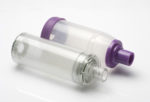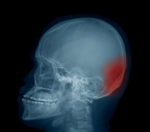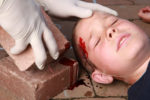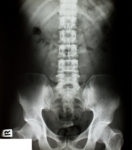Epilepsy is currently defined by the NHS as “a common condition that affects the brain and causes frequent seizures”. There are many types of seizure, and they are caused by a sudden burst of excess electrical activity in the brain. This causes a temporary disruption to the normal message passing between brain cells and results […]
Fundamental Principles of First Aid
Effective first aid is built upon three primary principles:
- Preserve Life: Taking immediate action to prevent the casualty’s condition from deteriorating.
- Prevent Further Harm: Protecting the casualty from additional injury and ensuring the scene is safe.
- Promote Recovery: Providing comfort and reassurance, and facilitating the healing process.
Common First Aid Techniques
Being proficient in various first aid techniques is crucial. Key skills include:
Cardiopulmonary Resuscitation (CPR)
CPR is a life-saving procedure performed when the heart stops beating. It involves chest compressions and rescue breaths to maintain circulatory flow and oxygenation. Learn more about adult CPR.
Wound Management
Proper care of wounds prevents infection and promotes healing. This includes cleaning the wound, applying appropriate dressings, and monitoring for signs of infection. Explore techniques for managing bleeding and wounds.
Choking Relief
Assisting someone who is choking involves delivering back blows and abdominal thrusts to dislodge the obstruction. Understand the steps to aid a choking individual.
Burn Treatment
Immediate and appropriate care for burns reduces damage and alleviates pain. This includes cooling the burn, covering it with a sterile dressing, and seeking medical attention if necessary. Find out more about burn management.
First Aid Equipment
Having access to the right equipment is essential for effective first aid. A well-stocked first aid kit should include:
- Adhesive bandages of various sizes
- Sterile gauze pads and adhesive tape
- Antiseptic wipes and ointments
- Disposable gloves
- Scissors and tweezers
- Resuscitation face shield or pocket mask
- Thermometer
- First aid manual
Regularly check and replenish your first aid kit to ensure all items are within their expiry dates and in good condition. Learn more about essential first aid equipment.
First Aid Training and Certification
Obtaining formal first aid training equips individuals with the knowledge and confidence to handle emergencies effectively. Certified courses cover a range of topics, including CPR, wound care, and the management of various medical conditions. Consider enrolling in our First Aid at Work Annual Refresher (VTQ) course.
Further Resources
Expand your first aid knowledge with these resources:

